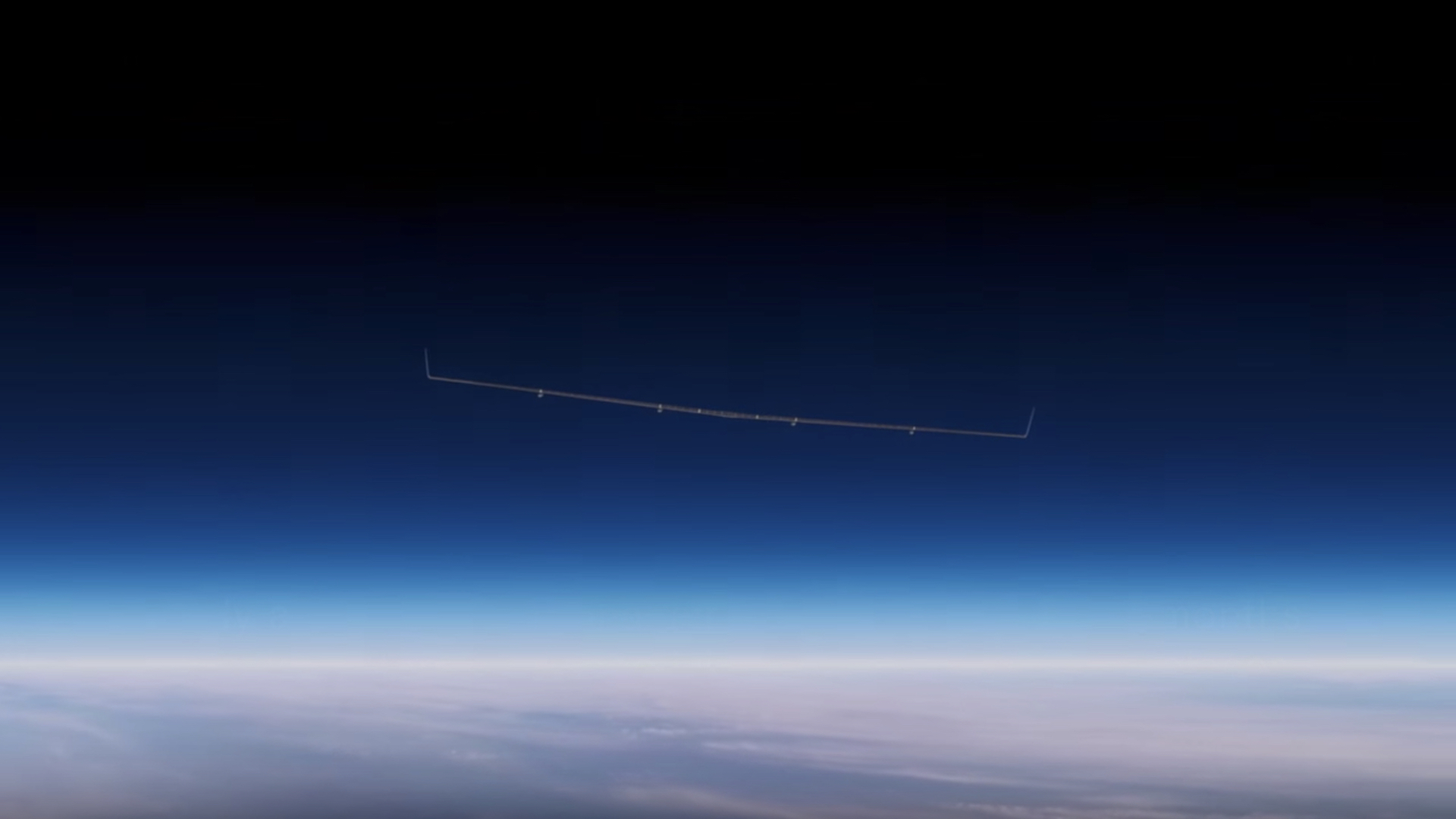

Almost one year ago to the day, Facebook’s solar-powered Aquila drone completed a successful test-flight in Arizona, with hopes of one day using the unmanned aerial vehicle and others like it to spread internet access to rural and remote areas across the world. While this seemed, to some, like a mere ploy to garner more Facebook users, it now seems that the Aquila drone project is no more.
In a Facebook blog post Wednesday, director of engineering Yael Maguire announced that while the Aquila drone, a high altitude platform station (HAPS) system, was a major part of the company’s efforts to spread internet to those who need it, Facebook will end manufacturing the UAV and work instead on other ways to providing internet access to those without it.
Maguire notes that there weren’t too many companies working on HAPS drones focused on spreading internet access when the Aquila project first began in 2014. Facebook was eager to work on this endeavor from the top down, from design and development to testing and implementation. While one of those flights was an utter disaster, with a crash landing and broken wing to show for it, two other flights were successes. Back then, Zuckerberg called his internet-spreading drone (which has the wingspan of a Boeing 737) “something that’s never been done before,” according to The New York Times.
As of Wednesday, however, it appears that none of these efforts is leading anywhere, as the company seems to feel that it’s no longer worth it to contribute to the drone industry when so many other, drone-centric entities are making a dent.
“Given these developments, we’ve decided not to design or build our own aircraft any longer,” Maguire wrote in the blog post. He explained that while Facebook may not physically manufacture drones, the company is still very much committed to the notion of bringing internet access to those who need it, by focusing “on the other technologies needed to make this system work, like flight control computers and high-density batteries.”
Ultimately, this is less of a sign of what’s to come for internet-spreading drones and more of a notable business move on Facebook’s part. The technology to manage solar-powered UAVs in our atmosphere is already here, with companies such as Google developing high-altitude balloons to spread internet signals and with other big tech players sure to follow. As it stands, Facebook is simply not interested in building any more drones, and that’s okay.